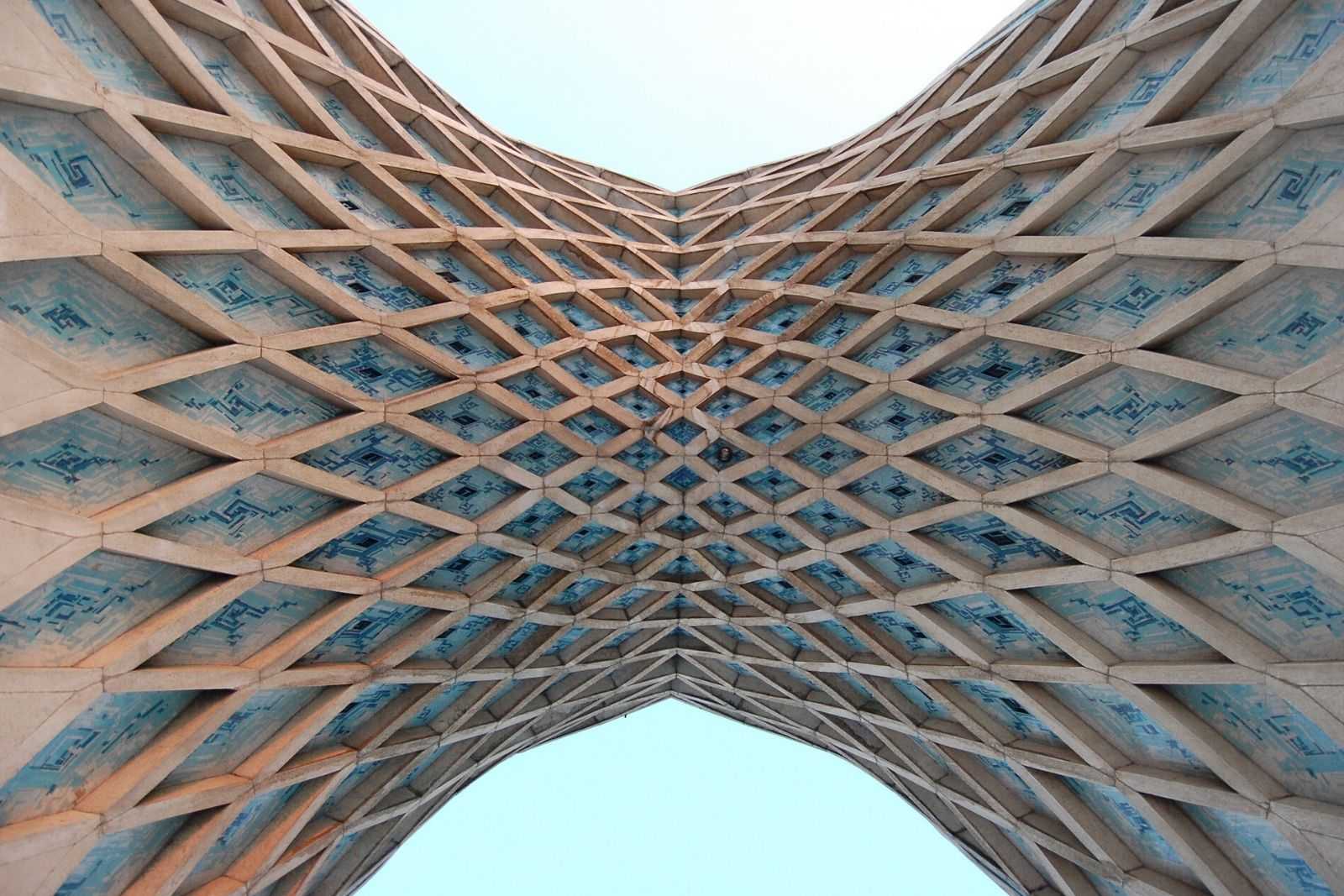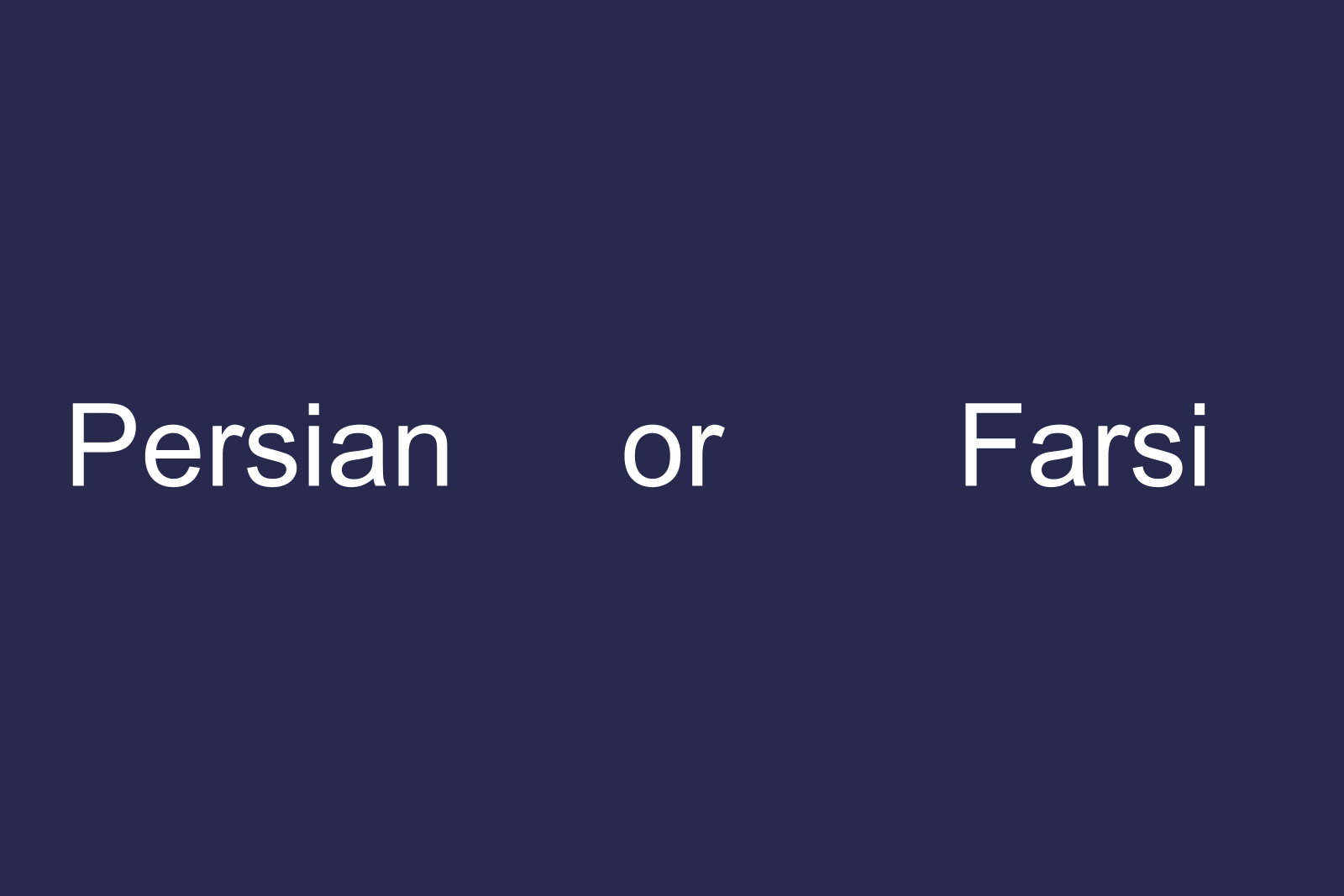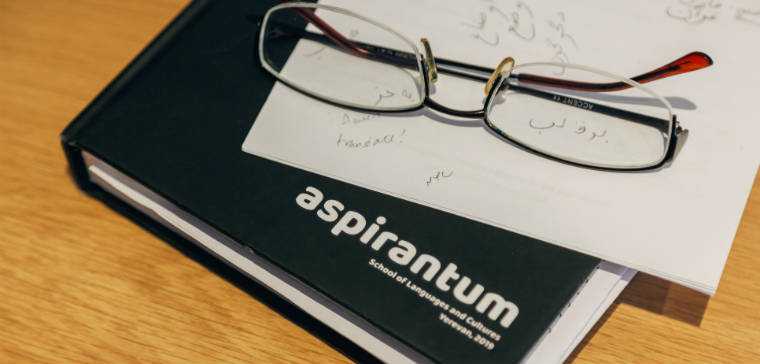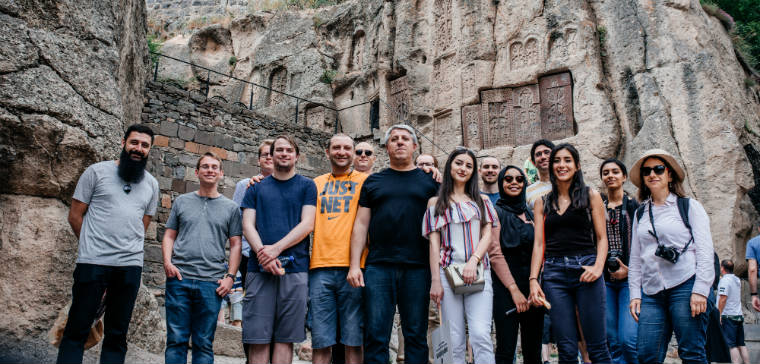We are starting a new lecture series on the etymologies of different words in Persian.
Learning about the etymology of a word is not only illuminating for the history of the Persian language, but may also underline some important cultural events or interactions that have taken place in the history of the Iranians.
We start the series with а short video by Dr. Vardan Voskanyan about the etymology of the word kabk, which stands for “partridge” in Persian.
Kabk in modern Persian refers to the bird “partridge”, which is “a bird with a round grey body and a short tail that is sometimes hunted for food or for sport, or the meat of this bird”, as defined by the Cambridge dictionary.
Partridge and its different types are found all over the Iranian Plateau.
We may find references to these birds throughout the Classical Persian literature. E g.:
tazarvān o tāvus o kabk-e dari,
biyābi ču bar kuhhā begozari
The cock-pheasants, peacock and mountain partridge,
You may find, when passing the mountains.
(Ferdowsi)
Etymologically, the word kabk goes back to the Middle Persian form kpk [kabk] or kpg [kaβg].
Both versions have been attested in the Classical Persian texts, as kabk (کبک) or kabg (کبگ).
In turn, these forms in Middle Persian seem to go back to the old onomatopoeic root *kap-, *kaf-, which seem to reflect the sound produced by partridges.
The same principle seems to have been used in languages that are spoken in the region, like Armenian, Greek or Syriac for the word “partridge”.
Interestingly enough, in Arabic one of the words we have for “partridge” is qabj (قبج). This is just another loanword from the Classical Persian form kabg.






